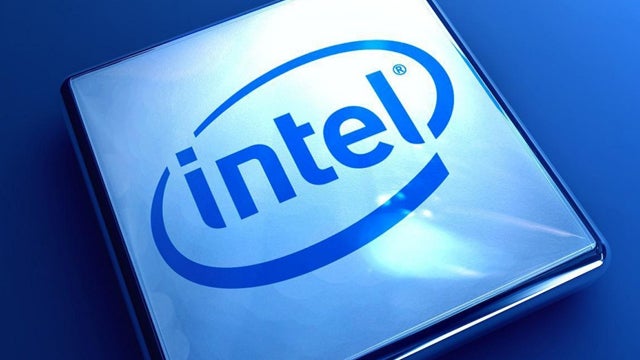Intel hits Moore’s Law brick wall with new 14nm Kaby Lake chips

Intel has finally let Moore’s Law slip as its latest series of processors fails to keep pace with tech’s most famous prediction.
Before he founded Intel in the 1960s, Gordon Moore claimed that the number of transistors on integrated circuits will double every two years.
Intel has, until now, stayed true to the so-called Moore’s Law, but the announcement of its 2016 chips throws a serious spanner in the works.
With the launch of the Kaby Lake processors next year, Intel will once again adopt a 14nm manufacturing process.
To gel with Moore’s Law, Intel would have instead been required to use a more efficient 10nm process.
This means for the third year in a row, Intel’s chip manufacturing process has remained stagnant and unshrunk.
For reference, last year’s Broadwell CPUs and this year’s upcoming Skylake CPUs both use a 14nm process.
According to Intel CEO Brian Krzanich “the last two technology transitions have signaled that our cadence today is closer to 2.5 years than two”.
Related: Best Android Smartphones 2015
Intel is currently approaching the maximum transistor capacity of silicon. However, IBM recently demonstrated a processor built at 7nm using a silicon-germanium alloy.
Developing better manufacturing processes for chips is important because it allows the creation of processors that are more powerful and more energy efficient.
If all this processor talk has got you hankering for a new flagship smartphone, check out our handset group test video below:


